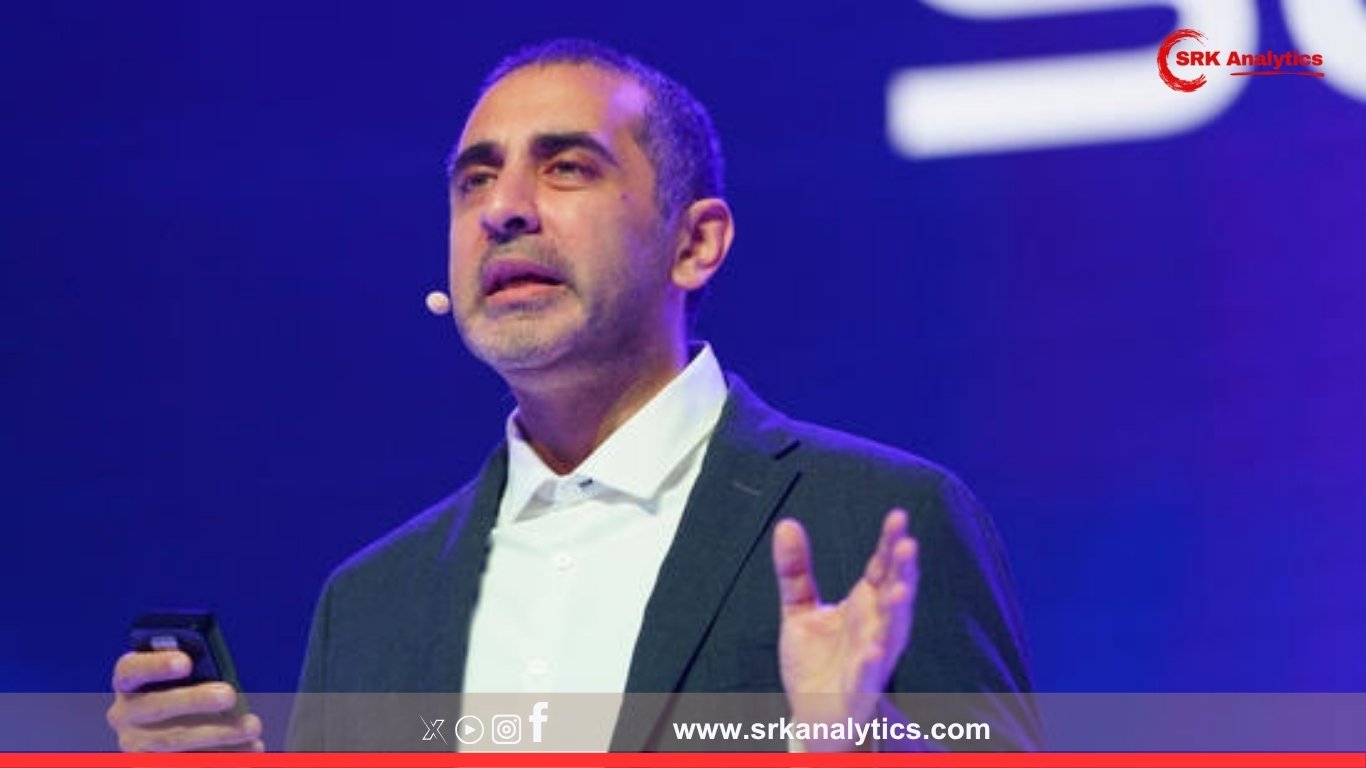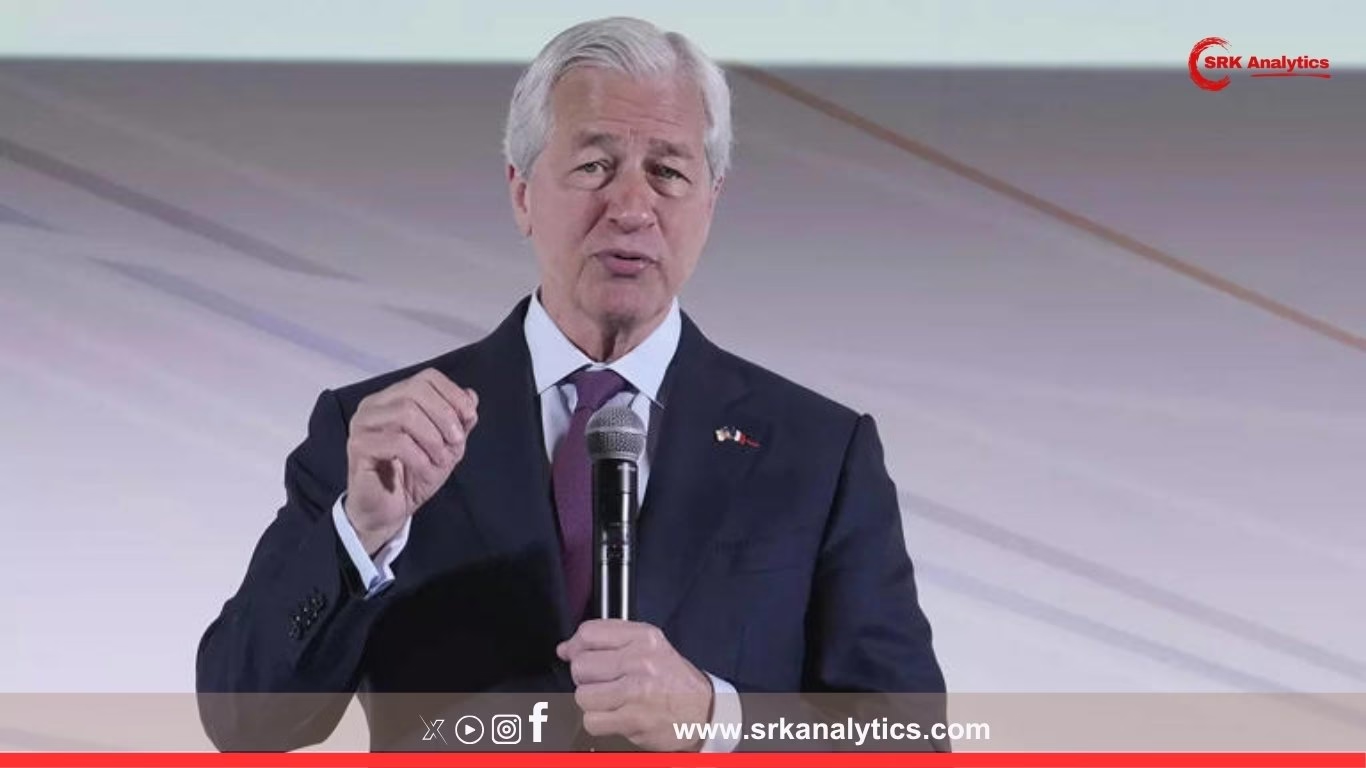In a development that has sparked global curiosity and debates around sovereignty, innovation, and utopia-building, Indian-American investor and entrepreneur Nithin Reddy has reportedly purchased an island in the South Pacific with an ambitious vision to build a “new country” exclusively for founders, engineers, scientists, and tech professionals.
The announcement came via a social media post and accompanying website launch on Monday, June 30, 2025. Reddy, who is a Stanford-educated engineer, early-stage investor, and founder of venture firm SkyBridge Labs, described the project as “a sovereign community where innovation thrives without bureaucratic bottlenecks.”
📈 Key Highlights
✅ Buyer: Nithin Reddy, Indian-American investor
✅ Location: Confidential South Pacific island, ~12 sq km area
✅ Purchase price: Estimated $65 million (unconfirmed)
✅ Vision: Build a micro-nation governed by a founder-led council
✅ Resident target: 5,000 founders, engineers, and scientists in first phase
✅ Announcement date: June 30, 2025
✅ Project name: Nova Terra (working title)
🔎 What Is Nova Terra?
1. Vision Of A Founder Nation
According to the official website, Nova Terra aims to:
- Host tech entrepreneurs, builders, and thinkers
- Operate under a constitution drafted by founders and engineers
- Have minimal regulation to encourage rapid experimentation in biotech, AI, and energy
- Build a digital-native governance structure using blockchain voting and public treasury audits
2. Statements From Nithin Reddy
“Current jurisdictions slow down what’s possible. We need a new canvas where brilliant people can focus purely on building without noise.”
Reddy claims to have secured a special administrative arrangement with the host country (undisclosed), which allows him to run Nova Terra as an autonomous innovation zone, similar to special economic zones but with broader governance freedom.
📊 Key Project Parameters
| Parameter | Details |
|---|---|
| Island size | ~12 sq km |
| Proximity to mainland | ~55 km from nearest national border |
| Resident capacity (Phase 1) | 5,000 |
| Estimated cost (Phase 1) | $1.2 billion |
| Targeted GDP contribution | $2.8 billion by 2030 |
| Key sectors | AI research, crypto development, advanced materials, clean energy |
🌐 How Is It Structured?
| Feature | Details |
|---|---|
| Governance | Founder-led council elected annually, smart contract based voting |
| Currency | Native crypto token (NovaCoin) pegged to USD |
| Citizenship model | Long-term residency + annual performance-based renewal |
| Taxes | Flat 7% income tax, no capital gains tax |
| Infrastructure plan | Solar microgrids, desalination plants, EV-based transport |
| Digital backbone | 5G private networks, Starlink satellite backup |
3. Who Can Apply?
The website states that applications open from July 15, 2025, with a focus on:
✅ Startup founders with raised capital
✅ Senior engineers and researchers (AI, biotech, energy)
✅ Investors and VCs focused on deep tech
✅ Scientists and policy researchers
The selection process includes background verification, project proposal vetting, and psychological assessments to maintain community alignment.
🏗️ Funding And Backers
While Reddy has not disclosed detailed funding structures, sources indicate:
- Backed by SkyBridge Labs fund and syndicate of 28 angel investors
- Early commitments from Peter Thiel (Founders Fund), Balaji Srinivasan (former Coinbase CTO), Naval Ravikant (AngelList co-founder) in advisory roles
- Separate $150 million Series A fund for Nova Terra-based startups to be launched by Q4 FY25
4. Comparison With Similar Global Initiatives
| Project | Location | Key Goal | Status |
|---|---|---|---|
| Seasteading Institute | International waters | Floating libertarian communities | Pilot halted due to Thai jurisdiction disputes |
| Próspera | Roatan, Honduras | ZEDE-based private city | Operational with ~400 residents |
| Culdesac | Arizona, USA | Car-free urban community | Under construction |
| Nova Terra | South Pacific Island | Founder-governed nation-state | Land purchased, phase 1 planning stage |
💡 Potential Advantages
✅ Freedom for high-risk innovation without traditional regulatory hurdles
✅ Fast-track clinical trials, energy pilots, and AI models in a sandbox environment
✅ Attraction of global venture capital and talent migration
✅ Testing ground for new governance, economic, and urban design models
⚠️ Key Challenges And Questions
| Challenge | Implication |
|---|---|
| Sovereignty disputes | UN conventions limit creation of new countries without host nation approval |
| Environmental impact | Marine ecology preservation critical for island projects |
| Immigration & citizenship legality | Residents must comply with host nation visa norms |
| Security & defence | No independent defence; reliant on host nation agreements |
| Viability of governance model | Historical failures of libertarian micro-nations raise caution |
5. Global Reactions
Supporters Say:
- “Finally, a place where builders set the rules instead of politicians.”
- “If successful, Nova Terra can become Silicon Valley 2.0 without California’s bureaucracy.”
Critics Warn:
- “This is techno-feudalism disguised as utopia.”
- “Legal and environmental hurdles will stall this in execution.”
👤 About Nithin Reddy
| Aspect | Details |
|---|---|
| Origin | Hyderabad-born, US-based |
| Education | B.Tech IIT Bombay, MS Stanford University |
| Past roles | Google X researcher, founder of SkyBridge Labs |
| Net worth (Est.) | ~$320 million |
| Known for | Investments in AI robotics, energy storage startups |
🧭 Next Steps For Nova Terra
✅ Master planning team finalisation by August 2025
✅ Infrastructure construction to begin December 2025
✅ First cohort onboarding by late 2026
The project has partnered with Foster + Partners (architecture) and Tesla Energy (solar microgrids) as per unconfirmed investor decks.
🔮 Outlook: Will Nova Terra Succeed?
Experts believe the success of Nova Terra hinges on:
- Host country’s willingness to provide broader autonomy
- Global acceptance of citizenship, residency, and taxation models
- Ability to build robust yet nimble governance frameworks
If it overcomes these hurdles, Nova Terra could set a precedent for founder-governed innovation hubs globally, echoing historical free ports like Hong Kong and Singapore but tailored to the digital age.
⚠️ Disclaimer
This news report is based on publicly available announcements, investor decks, and preliminary filings as of June 30, 2025. Official confirmation of purchase agreements, governance models, and regulatory approvals is awaited. Readers are advised to consult geopolitical and legal experts before interpreting the implications of private city or micro-nation projects.











